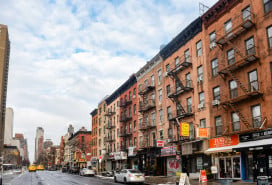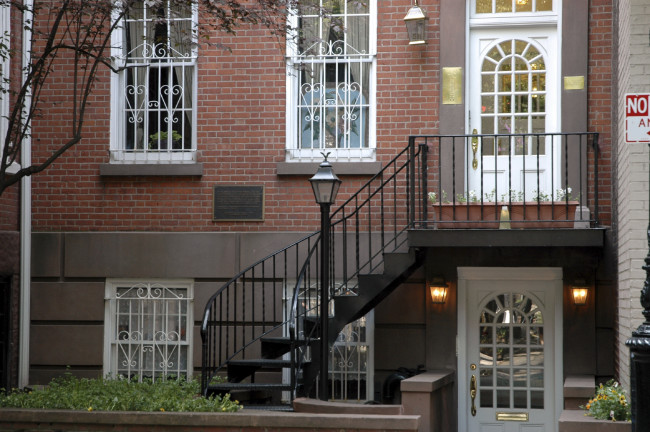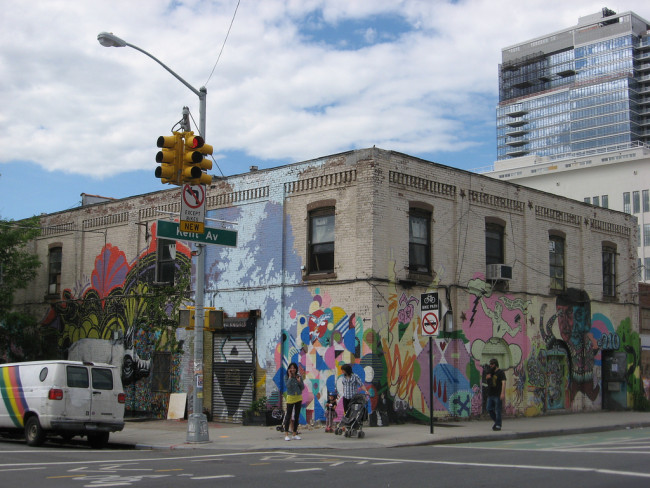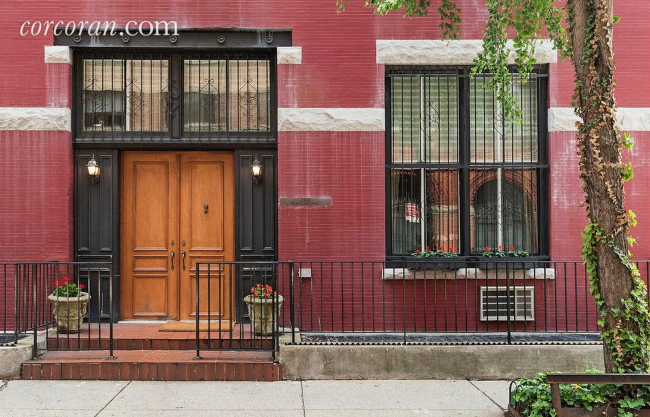Are basement apartments the secret weapon in NYC's battle for affordable housing?
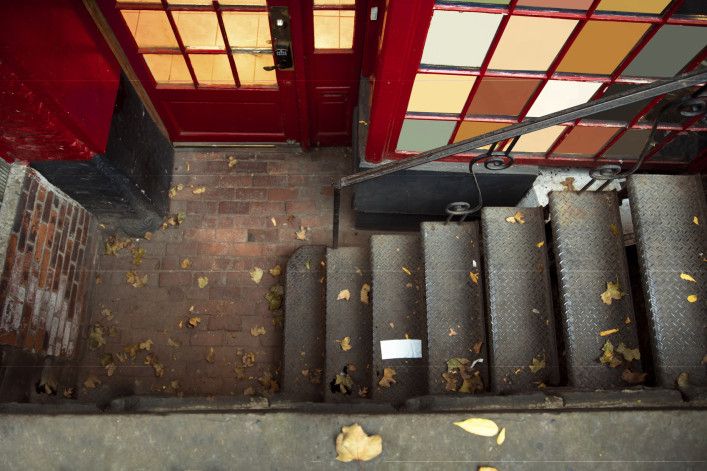
New Yorkers in the know have long been aware that ground-floor and basement apartments are prime opportunities for bargains, and for good reason: Besides the lack of natural light, living on a lower level increases your risk of break-ins from intruders of the human, insect, and rodent variety. But are the city's basement units also a magic bullet for the affordable housing crisis?
The idea was discussed at a recent Crain's panel, where Jerilyn Perine of the Citizen Housing and Planning Council pointed out how "we speak about building bigger... and we get angry if communities don't like it or raise questions, but we don't speak about creating a path for legalizing basements in small homes."
Perine noted that such a move could add "anywhere from 50,000 to 100,000 [apartments] that could be put into the marketplace," a particular boon to the sorely over-stretched market for studios. (While many New Yorkers opt to live alone, there are disproportionately few apartment options sized and priced with a single resident in mind.)
However, basement apartments pose unique safety and health risks, meaning they'd have to be tightly regulated if the city were to allow more of them to come onto the market.
"I'm generally in favor of anything that's going to allow for more housing," says tenants rights attorney Sam Himmelstein (FYI, a Brick sponsor). "But you have to be very careful about the fire and safety code with basement apartments."
There are a number of reasons why a basement apartment may be deemed illegal under current housing code, such as lack of light, insufficiently large windows, or being too close to a boiler. "Oftentimes, there's not enough ventilation and usually no easy way out," says Himmelstein.
That said, with the right attention to housing code, the idea could work, and indeed, was initially a part of Mayor Bill de Blasio's housing plan as it was introduced in 2014, though as Crain's points out, it has since taken a backseat to other initiatives. (We've reached out to the Mayor's office for comment, and will update if we hear back.)
"I think it's probably a good idea, as long as there are pretty stringent code and safety requirements, that address those issues like ventilation, light, and egress," says Himmelstein.
Stay tuned to see if a rush of basement listings suddenly hits the market in the coming months.
You Might Also Like



















